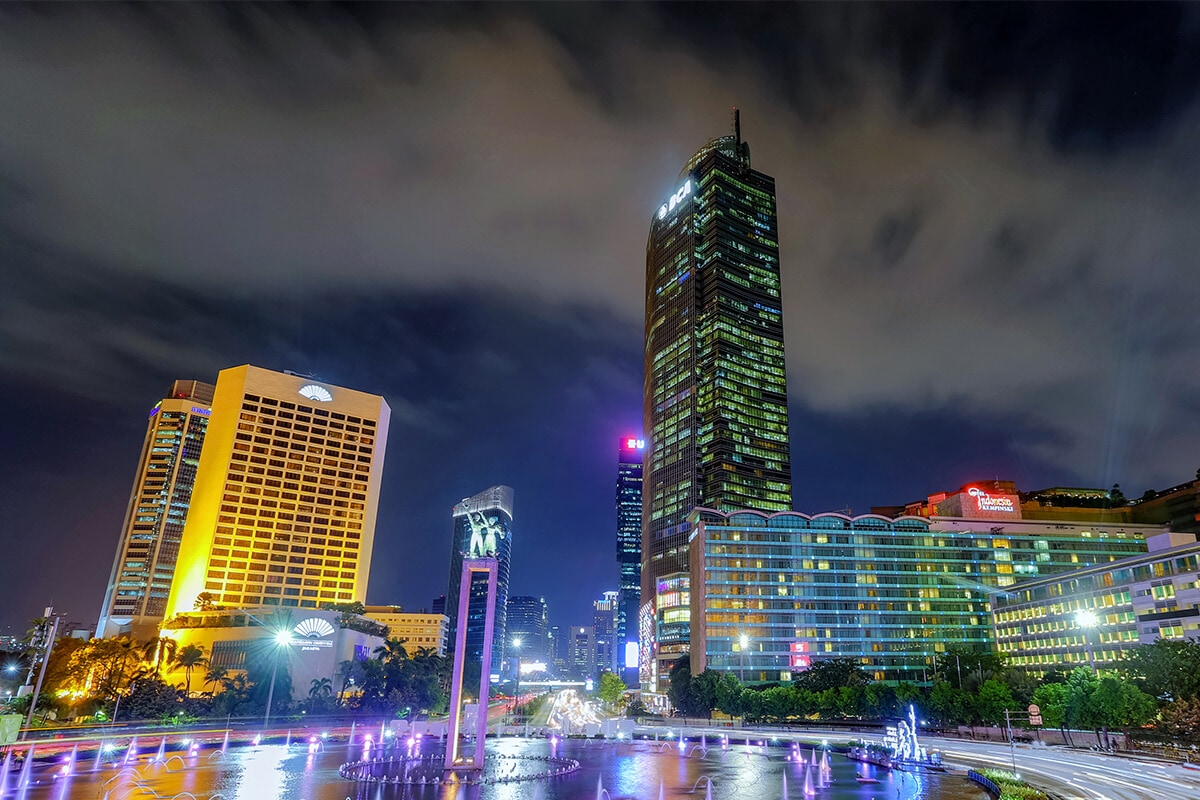BUSINESS
Textile
Textile Industry Indonesia
Indonesia is ranked among the top ten largest textile producing countries. The textile and garment industry is one of Indonesia's oldest industries and - being labor intensive - a large source for jobs. However, the nation is far away from threatening China's dominant position. Whereas China controls about 35 percent of global textile markets, Indonesia controls only about 2 percent. The Indonesian government targets to increase the nation's value of exported textiles and garments to USD $75 billion by the year 2030, implying that this industry would contribute around 5 percent to global exports.
However, Indonesia is facing several challenges: the upstream sector is largely inadequate (causing a reliance on imports of raw materials) and requires an injection of investment, technology and expertise, while competition from other textile producing nations in Southeast Asia (Cambodia, Vietnam as well as Myanmar) is rising.
Although China is the clear world leader in terms of textile and garment production, rising minimum wages in the world's second-largest economy should give an opportunity to Indonesia to present itself as a more attractive production hub for global fashion brands. However, this is not that easy because the labor-intensive textile industry of Indonesia also has to cope with rising minimum wages, as well as higher electricity tariffs, and competition from cheap textile products imported from China (particularly after the implementation of the ASEAN China Free Trade Agreement [ACFTA] in January 2010).
A weakening rupiah is a problem for Indonesia's textile industry because yarn, cotton, dyes and fabrics (both natural and man-made) are mostly imported from abroad in US dollars. A depreciating rupiah (against the US dollar) makes imports more expensive and therefore causes financial turmoil for local textile companies (particularly the smaller ones that have fewer cash reserves to rely on). In 2015 many smaller and mid-sized Indonesian textile companies were on the brink of collapse due to (rupiah-inflicted) higher production costs and weaker domestic textile demand amid weaker purchasing power.
An example of a raw material that is required for the manufacturing of textile products is cotton. Although Indonesia produces cotton, textile manufacturers prefer to import cotton from abroad - particularly the USA, Australia and India - because the quality of foreign cotton is much higher while the domestic cotton supply is highly volatile (there often occur supply shortages).
Free Trade Deals Would Boost Indonesia's Textile Industry
Indonesia's textile businesses urge the central government to reach an agreement with the European Union (EU) for the establishment of the Indonesia-EU Comprehensive Economic Partnership Agreement (abbreviated: Indonesia-EU CEPA), a trade deal that is expected to improve the flow of goods between both regions as the deal involves the reduction of trade barriers and liberalization of government procurement. The textile industry is one of the industries in Indonesia that is expected to benefit from this trade deal as there exists significant demand for textiles in the EU. Negotiations about the Indonesia-EU CEPA, which started in 2011, were suspended in 2014 amid Indonesia's legislative and presidential elections. However, the government seems committed to reach an agreement before 2018.
Another trade deal that would boost demand for Indonesian textile from the United States and Japan is the Trans-Pacific Partnership (TPP). The Indonesian government has expressed its intention to join this free trade deal. However, it can take years before Indonesia can become member of the Indonesia-EU CEPA and TPP as local regulations and standards need to be harmonized with international ones. If Indonesia will not become a member of such trade deals then the major markets can decide to import textile products from countries such as Vietnam (member of the TPP) as tariffs are lower. Indonesian textiles firms, on the other hand, will be liable to around 40 percent duties hence reducing Indonesia's competitiveness.
SERVICE
Business SetupEPC Service
Sales Support
Market Analysis
Business Matchmaking
Product Regristration
INVESTMENT OUTLOOK
Business LocationBusiness Opportunity
Economic Growth
Political Stability
Domestic Market
Natural Resources
Demographic
Destination

 MULTIVESTINDO
MULTIVESTINDO